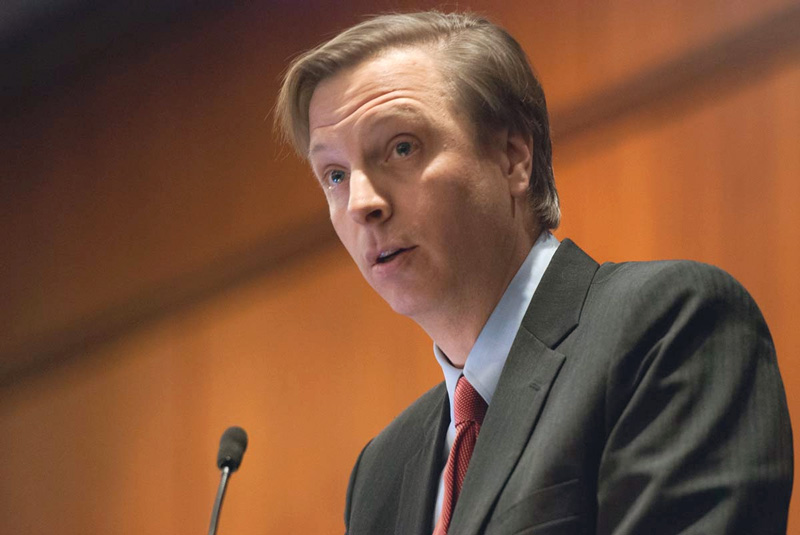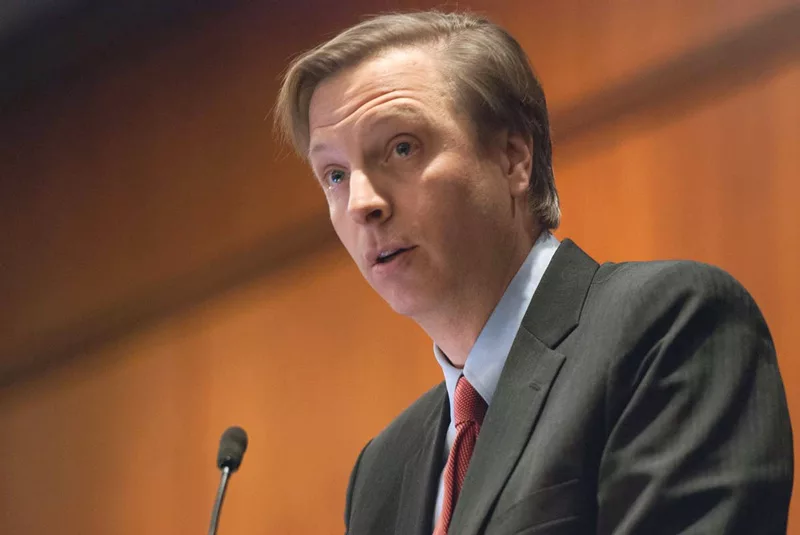The Good Capital Project will convene for the first time this June in New York City. This new SOCAP initiative will bring together a cross-sector collection of experts, practitioners, industry leaders and other stakeholders to drive greater collaboration and accelerate capital flows into purpose driven investments. In the months leading up that event we will be interviewing key pioneers and leaders in the impact space who have partnered with SOCAP to help make the Good Capital Project a success.

Brian Trelstad is a partner at Bridges Fund Management focusing on operations and Bridges Impact+. He previously served as the CIO of Acumen Fund and was a co-founding board member of the Aspen Network of Development Entrepreneurs (ANDE). He was also one of the principal architects of impact management software tool, Pulse, and the Impact Reporting and Investment Standards (IRIS).
GCP: What led you to become involved in The Good Capital Project? What are you most excited about?
Brian Trelstad: I am a regular attendee of SOCAP and I connected to the Good Capital Project recently and am so pleased to actively participate. I’m most excited about the Good Capital Project helping SOCAP turbocharge its potential to become a driving force in the field of impact investing where the most relevant conversations about the field’s current practice and its future direction are held.
What do you believe to be the unique opportunity for the GCP?
BT: There has not really been a single, well-defined watering hole in the sector where people can catch up with one another to compare notes on the evolution of the field. To some extent, the people who come to SOCAP are as close to that meeting place as exists in the sector. I think there is an opportunity for the Good Capital Project to become a place where a group of thought leaders can share content and connect with one another to advance the field in the spirit of collaboration and mutual trust.
Why is collaboration in this industry so important?
BT: Impact investors are motivated to solve some of our biggest social and environmental challenges and the culture of the field has historically been very collaborative, given the nature of the work that motivates us all. I also think that there is still the perception that the field lacks a definitive account of the financial and impact success of our investments to date. There are individual companies and individual funds that have been successful, but as an investment strategy, we often hear from investors, that “the jury is still out.” So, to some extent, because a failure, either financially or from an impact perspective, with just one or a small handful of impact investments risks creating headwinds for the entire industry, I think we are all incented to foster one another’s success to advance our common cause.
What are the three biggest challenges facing the space?
BT: One is definitional. Impact investing is a broad label for at least a handful of strategies and until we can sub-segment impact investing we will continue to talk in circles. Second is a deep and transparent commitment to impact that translates into more rigor. Because I think there’s a serious risk or challenge that we give way to “greenwashing” and people end up saying they’re impact investors not actually committing to solving the problems that the investors want to see solved. Third challenge, at the other end of the spectrum, I think there’s a ton of capital that wants to get into the market but can’t find product with sufficient caliber to invest in.
What do you see as the three biggest opportunities?
BT: First is the opportunity to build an evidence base of both financial and social performance. Second is to build a talent pipeline that is as diverse as the communities we invest in. And third is to create products over time in multiple asset classes that can tap into the growth of capital that wants to find impact investing opportunities.
What would you most like to see come out of The Good Capital Project?
BT: I would love for SOCAP and the Good Capital Project to be a calendar fixture for any current or aspiring leader in the field of impact investing so that people look forward to going to an event that will be unequivocally valuable and productive for them.


